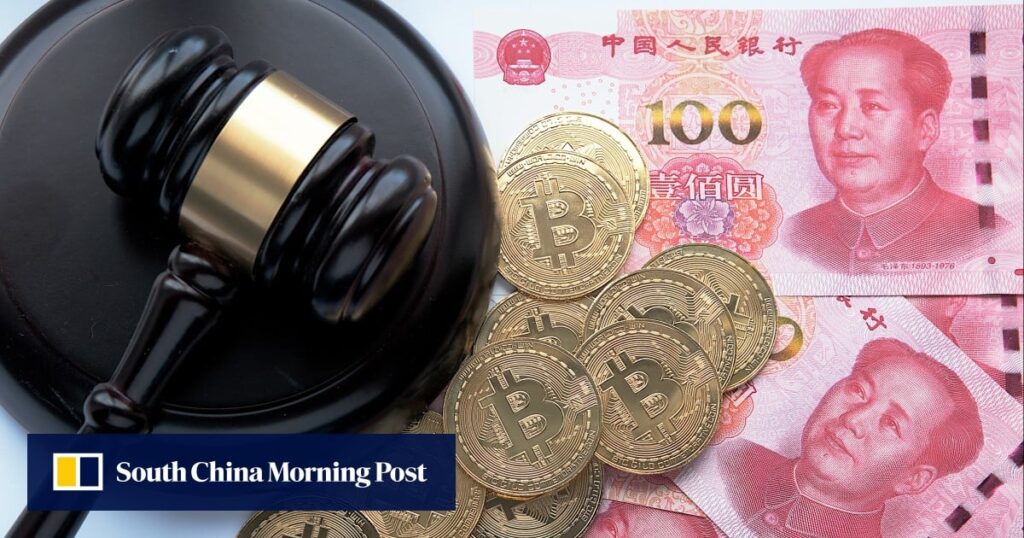The Chinese judicial system is actively surveilling the employment of digital assets in money laundering, as announced by the nation’s top judicial authority. This development is considered by legal analysts to possibly heighten the prosecutorial threat against those engaged in
cryptocurrency
transactions in mainland China.
The application of digital assets for the disguise or conversion of illicit funds is deemed a contravention of Chinese criminal law, as per the interpretative guidance issued on Monday by the Supreme People’s Court in conjunction with the Supreme People’s Procuratorate, which is the primary prosecutorial body.
The latest judicial exposition has implications for heightened legal jeopardy for cryptocurrency participants in the mainland, says Shao Shiwei, an attorney at the Shanghai-based Mankun Law Firm, in a commentary on
WeChat
.
“Moving forward, the operational constraints on USDT traders and occasional cryptocurrency traders will tighten due to potential high legal risks,” Shao cautioned, referencing the globally dominant stablecoin USDT, better known as
Tether
.
Should average investors unknowingly engage in transactions involving illegal activity proceeds while trading digital currencies, they could potentially be regarded as suspects in money laundering investigations, Shao adds. Therefore, crypto investors in the mainland should exercise increased vigilance to elude any unintended participation in money laundering or comparable unlawful endeavors.
This judicial clarification emerges amidst the evolving complexity of money laundering strategies, which now routinely enlist cryptocurrencies and gaming tokens. Such tactics have proven more challenging amidst today’s digital landscape, acknowledges Chen Xueyong, the deputy chief judge of the Supreme Court’s Third Criminal Tribunal, in a Monday press conference.
It is the first instance where digital assets have been distinctly recognized in an official criminal legislation explication, underscoring an intensified urgency to modernize the antiquated AML regulations of the country.
The delineation of virtual-asset driven money laundering in the judicial interpretation is a consequential admission of this issue’s prevalence and serves as guidance for courts in adjudicating related cases, comments Liu Honglin, founder of Mankun law firm, specialists in blockchain legal matters.
Nonetheless, the fresh interpretation does not equate the dealing of cryptocurrencies with money laundering, nor does it modify any of mainland China’s existing cryptocurrency policies, Liu clarifies.
While crypto-related activities such as mining and initial coin offerings remain prohibited in the mainland, Hong Kong has been authorized to establish a regulatory framework conducive to virtual-asset enterprises.
Despite restrictions, mainland investors persist in crypto markets as key players. In 2023 alone, China’s cryptocurrency traders secured profits amounting to US$1.15 billion, placing them fourth globally, behind the United States, United Kingdom, and Vietnam, as per data from New York’s blockchain analytics firm Chainalysis released in March.







